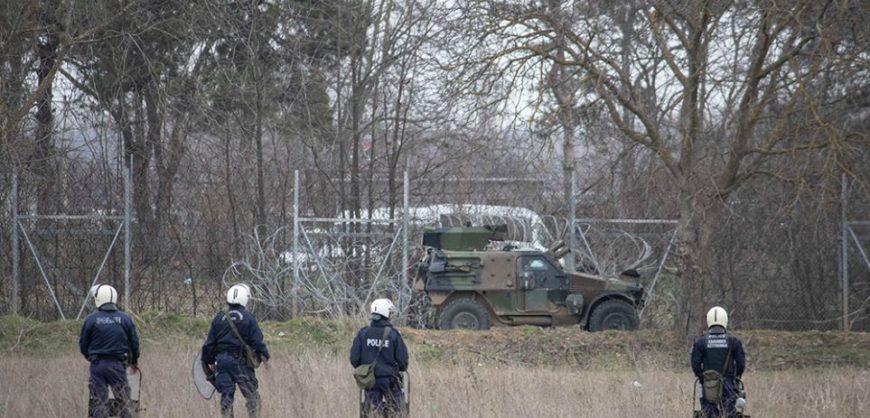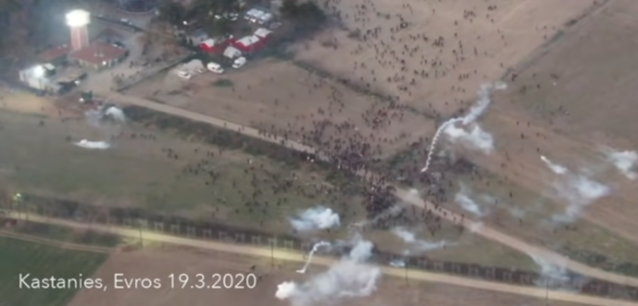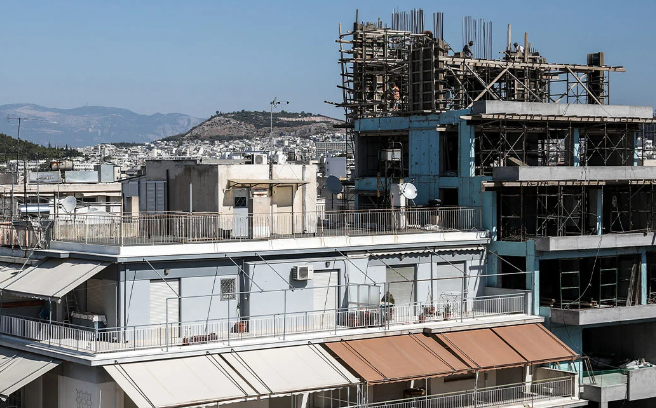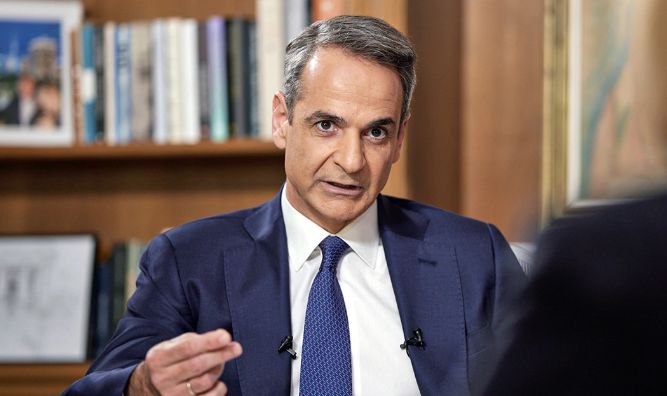Greece has finally done the right thing and deprived Turkish President Recep Tayyip Erdoğan of his perpetual threats to blackmail the European Union.
On February 27, Erdoğan’s government was on the threshold of executing its threat to flood Europe with millions of (mostly Syrian) migrants and opening its northwestern borders with Greece and Bulgaria. Hundreds of thousands of migrants began flocking to the border. In a few days, by the beginning of March, they would be in EU territory, to be followed by hundreds of thousands of others. Things, however, did not go as planned by Ankara.
By the next day, Greece was not only operating 52 Navy ships to guard its islands close to Turkey; it had also mobilized additional troops on land. Its security forces were able to block 10,000 migrants from entering Greece by way of the Turkish land border. Some migrants were stuck in the no-man’s land between the two countries and eventually had to return to the Turkish side. Greek officials reported only 76 illegal entries, whom they detained and prosecuted. In his social media account, Turkey’s Deputy Foreign Minister Yavuz Selim Kıran compared the alleged treatment of migrants seeking to cross illegally into Greece with conditions at Nazi death camps at Auschwitz. The Central Board of Jewish Communities in Greece immediately condemned and denounced the statement.
Japan accidentally leaks image of new hypersonic anti-ship missile
All the same, on March 6, Turkish Interior Minister Süleyman Soylu claimed that a total of 142,175 migrants had successfully crossed the border into Greece. In reality, the border had been meticulously protected by Greek security; only a handful of migrants had illegally managed to get though. In a private conversation, a UNHCR official mocked the minister: “Two questions to Minister Soylu: How did he count the number of entries into Greece? And how did those 142,175 people vanish; they are not in Greece?”
The Greek government, rallying EU support, has since deployed riot police and military patrols to the land border as well as naval and coast guard vessels to conduct around-the-clock patrols off the Greek coast near Turkey. The Greek government also scrambled to seal the land border, tripling the size of an existing 12-kilometer fence, including the addition of pylons with thermal and surveillance cameras.
Read more: Gatestone Institute







































